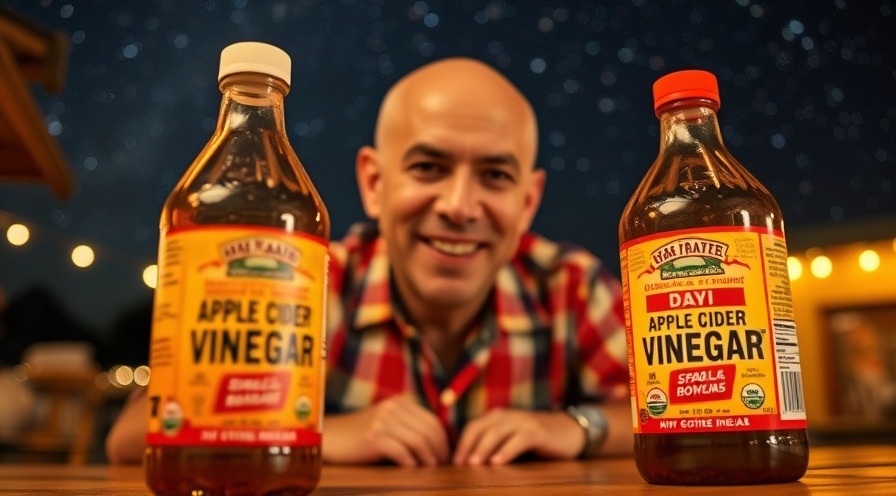
Understanding the Benefits of Drinking Apple Cider Vinegar
Apple cider vinegar (ACV) has long been celebrated for its potential health benefits, including aiding digestion, balancing blood sugar levels, and even assisting in weight loss. Drinking ACV before bedtime might be especially appealing for those seeking ways to enhance their wellness routine. But what can we expect when we sip on this tangy liquid at night?
How ACV Affects Sleep
One of the benefits some users report when consuming ACV before bed is the potential for improved sleep quality. The vinegar is believed to help regulate blood sugar levels overnight, which could prevent waking up due to hunger or cravings. This stabilizing effect might allow for a more restful night, enhancing overall sleep quality.
Possible Risks and Discomforts
Despite the advantages, it's important to note that drinking ACV may lead to some unwanted side effects. These include digestive discomfort or a burning sensation in the throat due to its acidity. For sensitive individuals, it may be wise to dilute the vinegar in water before sipping.
Conclusion: To Drink or Not to Drink ACV Before Bed?
In conclusion, while there are potential benefits to drinking apple cider vinegar before bed, such as improved sleep and better digestion, it's essential to listen to your body. Consulting a healthcare professional can also help navigate any concerns regarding its usage. Experimenting with ACV in moderation may be a great addition to your nightly routine.
 Add Row
Add Row  Add
Add 




Write A Comment